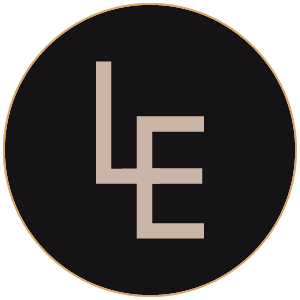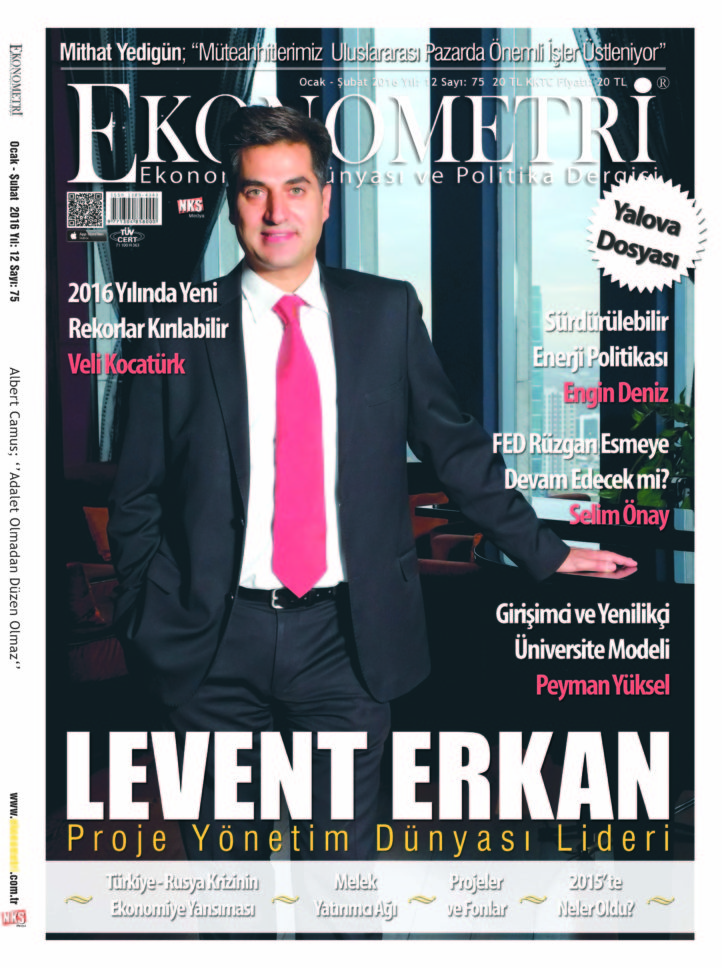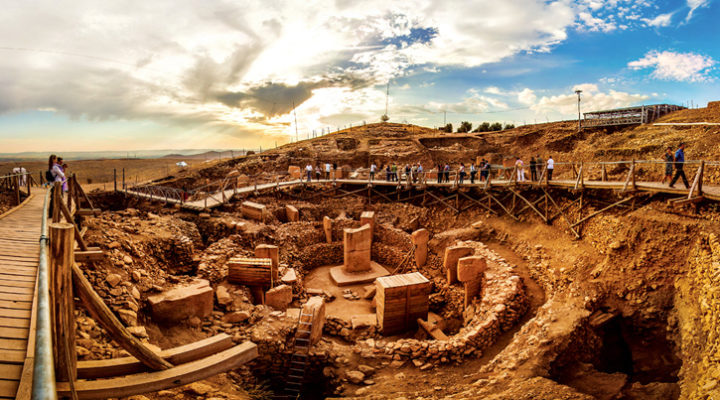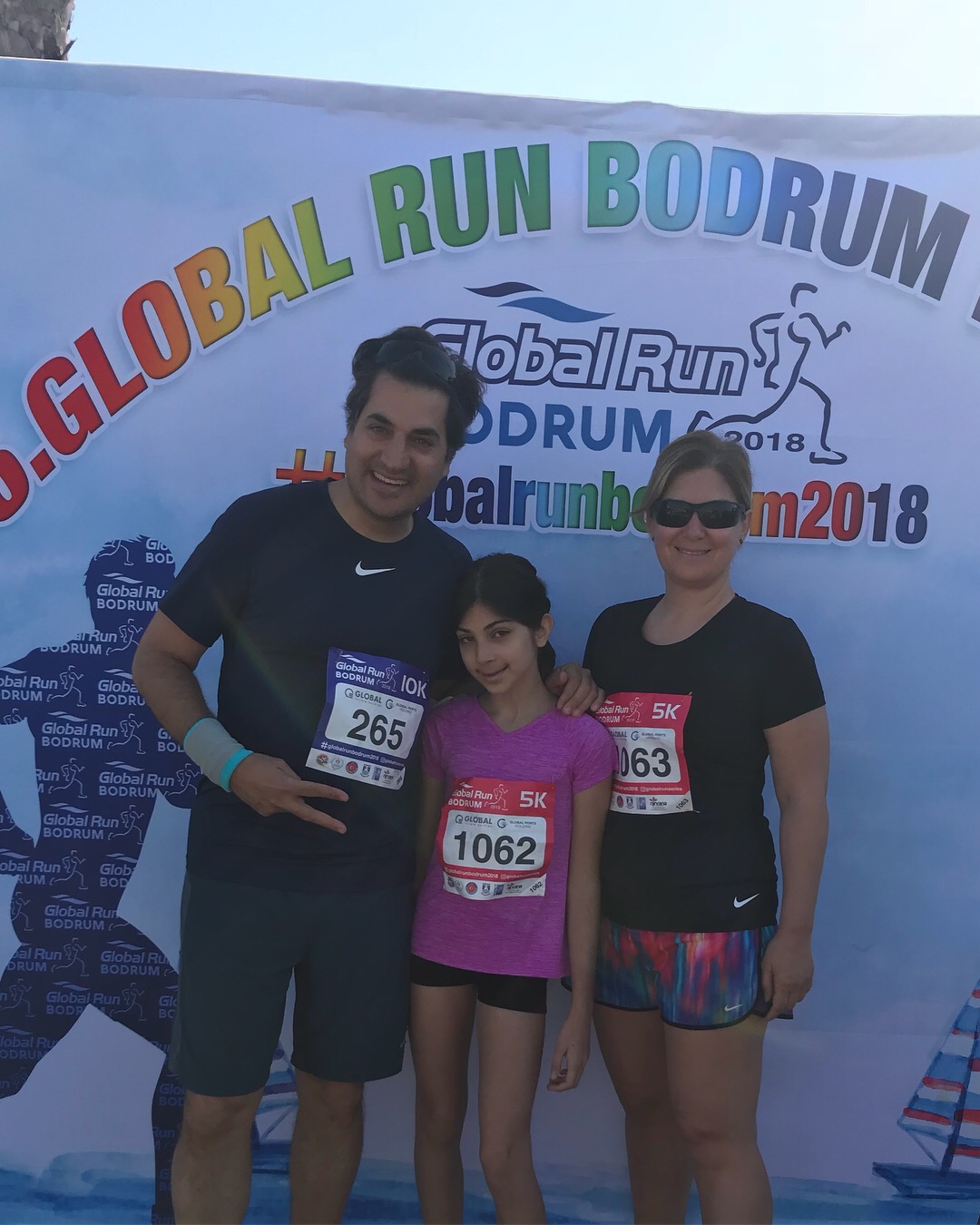Project World Leader Levent Erkan Leaves WYG by taking “Early Mid-Retirement”
In the first issue of 2016, we are meeting up with Mr. Levent Erkan, the founder of WYG Turkey which is considered to be the sector leader for more than 10 years in the field of Project Management Consulting and implementing International Development Projects in our country and region.
Could you tell us a little bit about yourself, what kind of education have you received before you entered the world of projects? Has this education helped you become a good project manager?
I started primary education at the Or-An Primary School in our neighborhood in 1977. I had really good friends there. But in 1979, as of the 3rd grade, I started TED Ankara Private School; at first I was crying and reluctant to go there. I studied in TED Ankara Private School from 1979 to 1988. I owe a lot to my teacher Mrs. Sezen in primary school, who took care of us. I still see almost all of my friends from that time and I have friends all over the world now. I finished high school believing that “on a scale from 1 to 10, grades between 5 and 6 would be perfect”. The fact that I achieved to study in the department of Chemistry Engineering in the Middle East Technical University in 1988 was quite an irony for my Chemistry teacher in high school (Mr. Kemal) who laughed in astonishment when he heard of it.
The first 2 years of METU passed with a little bit too much traveling and getting started with some entrepreneurship activities. I finished the first 2 years of university in 4 years. I was on the verge of being expelled. Then I met Gaye (my wife) who was a fellow student in the same department. Thanks to her, I started to focus on my study. I finished the last 2 years in 2 years. My GPA was 2,03 out of 4. The friendships and social events in METU were special for me. After university I completed my compulsory military service and got married… and wanted to go to the USA.
Without even going on a honeymoon, we went straight to Chicago. We looked for a university that would accept us, for 6 months. We were changing apartments every month. And meanwhile, since we had limited money, we were working at places such as restaurants, dry cleaners, tourism agencies. We have had face to face interviews with exactly 17 universities and naturally we were rejected, inter alia, because of our GPA. And by the way, not only did we want to be accepted by the universities; we also wanted to get a kind of scholarship too. One month before our money ran out, we went 4 hours south of Chicago to visit a university at which one of our friends was a student. When we arrived at the university, we found out from a Turkish professor (Prof. Mr.Ali) that 2 assistants had left the university after finding other jobs. So they were in need of 2 assistants and the academic semester was going to start in a month. We were there at that very moment and so we had our 18th interview.
We were conditionally accepted in the Economics department as Master students to the Southern Illinois University with a scholarship and we were hired as part-time assistants with a salary of $300 a month. Both me and my wife.
While we were studying at the university, we were also working as a waiter/waitress which enabled us to make ends meet. Restaurants and businesses alike taught us about the service industry and customer relations.
The condition of our acceptance to the SIU was that our GPA had to stay over 3,00, or else we would lose our scholarship and assistantship. Due to the excitement of being accepted by this university, I graduated with a GPA of 3,77 and as the student with the second highest GPA of that year. Of course, it was my wife who had the highest GPA.
How did you enter the world of Project Management?
I was accepted from one of the internships that I had applied on one of my last days in university. They asked me to come for an interview and in a week I started my 3-month internship. Then, during my internship, they told me that according to their company policy, they would not be able to hire me as a full time employee, due to the fact that I am a foreigner. However, they recommended me to the Management Consulting companies which they were working closely with; that’s how I met DeLeeuw Associates. The name of my boss was Bob; he has done a lot for me. In this way I entered the project world.
How did the business life and projects in the USA contributed to your career?
I always tried to improve myself and work harder than everyone, to make up for the language and cultural differences I had. In the weekends, I continued living with my friend in our house which was 5 minutes away from our old campus and during the week I was flying for 3 hours to another city and worked there. I and my wife – who was also working on similar projects – were trying to see each other by going to the city where either of us worked, or coming home earlier than usual in the weekends. We have spent 6 years by only seeing each other for the weekends, most of the time.
Later on, I was assigned as the responsible person for the New York region of the company, and I started to work at the Wall Street. My office was in the World Trade Center. Something very interesting happened at that time: My office was in the second block of the WTC and I had worked until late at night on the 10th of September 2011. On the 11th , instead of going to my office, I was with a client on the other side of the river. Our office was on the building which collapsed first. I was usually staying at the Marriott Hotel there, and that building had collapsed too. Our office was on the 15th floor, therefore, my colleagues were all safe, but of course they had some faced some problems later on. From a business aspect, sadly, the IT manager and I had to implement the Disaster Recovery Plan (I had prepared the project of that plan); checking whether our employees are still alive or not, checking the financial data is safe or not, and so on…
So, since you were working with such big companies over there, why did you return to Turkey?
We started to think that we had finished our mission there. Our last client TD Waterhouse (now TD Ameritrade) offered me a position as the first deputy managing director. I also had a very good relationship with DeLeeuw Associates and I liked working there. However, it had almost been 10 years since we moved to the USA and if I accepted one of the offers, I guess we would have never been able to come back to Turkey.
We came back to Turkey in the summer of 2003. We wanted to share and improve our knowledge capital we had gained in the Unıted States and put it into practice in Turkey. My previous boss and I became co-investors. I invested $50,000 – in other words all the money that I had saved while working in the USA – in the company which I named DeLeeuw International. I think that in the first 6 months we didn’t earn even a dime. However, it was the most effortless time in my career. Why? Because we had no employees, no projects, and we could not prepare many bids. The company’s capital was decreasing by the day and we even had to take a loan of $20,000.
How did you earn your success in Turkey?
We were talking with everyone, we were telling about our company to everyone. Back then, Project Management and Management Consulting were domains of no interest. In 2003, there were only 20-30 managers with PMP (Project Management Professional) certificates. We started to deliver training programmes that showed how knowledgeable we were in our sector by which we were able to promote ourselves. Since then, we have been delivering training on project management and related fields to over 100,000 people.
Within 4 years, the company became one of the top 3 fastest growing companies. Then in 2007 we merged with WYG which is a UK-based company. Our company continued to grow after the merging as well and we achieved to grow 25-fold in size compared to the initial foundation. .
In which areas have you implemented projects and how do you see the effects of those projects?
All our projects in the USA were for the private sector. We have done projects in various fields such as merging of companies from different sectors, new product developments, company establishments, process improvements, development of project offices, etc… I took part in 15 projects there and I had the chance of getting to know the institutional cultures and executives of many important companies. After returning to Turkey, there were mainly internationally funded projects. And in Turkey, we predominantly worked with the public sector. Our business partners or stakeholders primarily consist of the private sector and NGOs. To name a few of our project areas, I can mention; development of employment, education, health, environment, transportation, grants, quality control, empowerment of disadvantaged communities, migration, IT, communication, telecommunication, agriculture, food, stock breeding, enhancement of SMEs, regional development, augmentation of institutional capacity, justice and human rights.
In the field of projects, what was it that made you different than the others?
The training I received on project management in the States is based on the PMBOK Guide of PMI (Project Management Institution) as well as the Project Management tools of the Bank of America and DeLeeuw. When we came back to Turkey and founded the company, there weren’t any branches of PMI in Turkey. Meanwhile, PCM (Project Cycle Management) was being implemented in the internationally funded projects in the EU. We adapted EU’s PCM regulations and tools to the domains and processes of PMI. The synthesis of PMI and PMC – or the adaptation of the USA and the EU methods – offered us a management model which gave us our edge in internationally funded projects. We moved our new model to the cyber platform as well. My friend Levent had made a lot of contributions into this. It has been a joint model of the project management team, the business development team and the IT team. So, actually, it has become the foundation of our operations or a tool which enabled us to implement our projects better.
Another thing that made us different is the fact that we blended different sectors in our institution and in our projects. In this way, for example, when we were working on the technical engineering part of a socio-economic project, we were also able to work on the IT and communications component of that project at the same time. Right now, on one hand, we have separate projects on socio-economics, engineering, communications and IT departments, but on the other hand, we also have projects in which we integrate all these components at the same time.
In which countries have you worked and been responsible for projects?
When I was in the USA, I was responsible for projects both in the States and Canada. USA is such a big country that the way interstate projects work is almost the same as the way international projects work over here. There, I worked in different cities in 6 different states (Illinois, Missouri, North Carolina, Florida, New Jersey, and New York). Here, I have been to almost every city of Turkey due to the projects. I have also been responsible for the Middle East, North Africa, the Balkans, and some parts of Asia as well as the Turkish Republic of Northern Cyprus.
What are the differences you think you brought about in your career?
We have supported almost all of the project management associations for 12 years. We have contributed to the growth of our own sector indirectly, too..
I have run my first marathon before I came back from New York in 2002. After that, we started with our own team, to make running a part of the business world in Turkey. As of today, with our running team, we have taken part in 13 marathons in different places. We have always tried to support and promote the advantages of sports in the business world.
Another important goal of all these marathons and various other activities was to support ZİÇEV (Foundation for the Training and Protection of Mentally Handicapped Children) as a team. We participate in these marathons in their name, and we do other activities in their name, too. Some say that our company is like a school. Our effort is to deliver training, delegate tasks and responsibilities so as to help to improve personal and team development. We have reinforced the team spirit with the help of our activities. And most importantly, we have become a community which loves being around each other in the good times and the bad. There were people that have found their best friends here even if they have left our company; or there were people who met here and ended up as a married couple – we have collected such good memories.
How many years have you been working for WYG and why did you decide to leave? Are you really retiring?
I’ve been working at WYG for over 12 years. I have always been one of the leaders. I have lovely memories. I have worked with over 3500 people in my region only. I was with the group company in both their worst and their best time. Our current CEO, Paul, is very successful and he is a true leader; I have good contacts with him too. If I would have stayed, they would have continued to support me, in both a financial and non-financial way. As a matter of fact, I was told that, if I stayed for another 3 to 5 years, they were expecting to see me in the highest position in the company. Right now, we are the best in this area of expertise. I want to slow down for a little while. I want to give other people responsibilities in other fields; I want to create an environment that would pave the way for others. This is a part of the process. I have taken over 300 flights in 2015, as usual. I believe that spending quality time with my family in Bodrum will fill me with good and renewed energy. You may call that “early mid-retirement”, but it’s only for a short-while. Besides, I have tremendous trust in my team. We have been preparing for this period for a while. I will pass the torch on them and they will bring the company in better places. And I will continue giving my support, when it is needed, but in different formats and in a calmer mood.
What is your Top-10 advice for young manager and project manager candidates?
“The Team” is very important. Your team must be at least as powerful as you and it must be able to take on at least as much responsibility as you do, so you would be able to delegate responsibilities. Have a team that you could have fun with. Share the happiness, sadness, success and failures together in the best way possible.
“Communication”. Communication should be as open as it can be. And funny communication as well..
“Development”. But development, all the time. You don’t have the luxury to say “I’m done.”
I’m not the one to say that the “customer” is always right. But you should listen to the client very carefully and understand them. Tell your clients about different solutions that you think will cater to their needs better, if you need to. In the long run it is always more beneficial for both sides, to do the best instead of doing what you are told to do.
“Listening” is definitely important. It would be valuable for you to always listen and empathize, and to be more objective after listening and to get more knowledgeable.
“Ego”. The control of your ego.
“Working”. Working really really hard is important.
If you don’t have a “Plan” or a program you will just get lost in the business world. A good management plan.
Use the “Data” well; it would make it easier for you to make decisions for the future.
Get the words “Problem”, “Blame” and “Crisis” out of your mind. Make sure to have positive people equipped with strength to win these things over, around you.
What are your thoughts upon leaving?
The first thing that comes to my mind is sadness. I feel like this, even though I have been thinking thoroughly about this for a while and I have planned to make a soft transition. This is a business which I have founded, magnified and put immense efforts into; a business that I have decided to leave when it’s at its best. I could say that everyone in this company is my child, my brother/sister, friend; it’s a place where I have spent more time than I did with my family. I can see my efforts in every part and space of this company. But now it is time to pass on the torch. When I was leaving the States, everyone asked me how I could think of leaving when I was working at the best job in Wall Street. My close friends and family talked for a long time about my potential moral and material losses. But if in 2003, I had not believed that I had successfully completed this period of 10 years in the USA; I would not have been able to experience this 12 year phase in Turkey with WYG. I am already getting curious about my next 10 to 12 years. I guess that another amazing adventure is waiting there for me..







